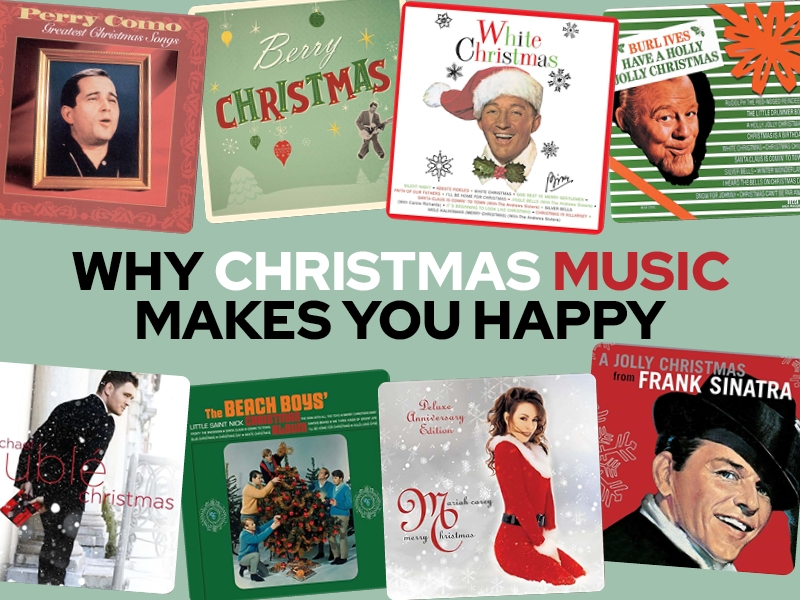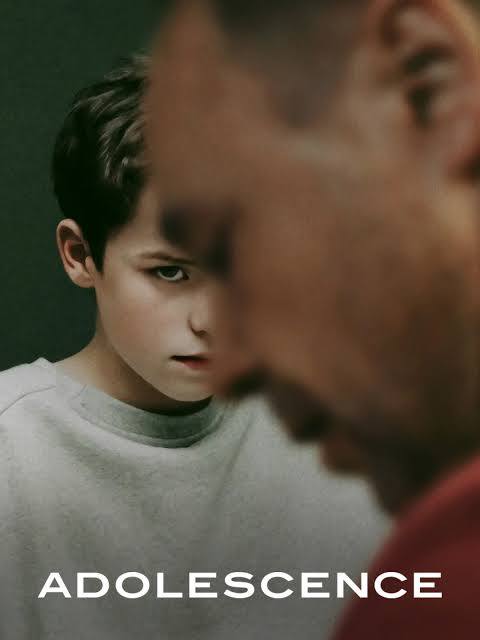It’s the time of year again when the holidays are in full swing, decorations are everywhere, Hallmark movies are playing and Christmas music is blasting through speakers in cars, rooms, through headphones and speakers. While seeing these events, especially hearing Christmas music, people tend to feel more joyously… but why?
Why does our brain make us think we’re happy when we hear a classic or fun holiday song? It seems this holiday music makes us want to sing along and get in the spirit of the festive holiday.
To understand why Christmas music makes us happy, first we need to do a general deep dive into how the brain operates and functions.
The brain is like a large maze network full of unexplored areas and scientific mysteries. We do know however that to signal the body of happiness, the molecules of dopamine and serotonin are released.
The Nationwide Children’s Hospital said that dopamine, also known as the “pleasure hormone” is released when we are doing something that makes us feel good. This could be going out with friends, attending a party, or even eating a piece of cake. The release of dopamine in the body also helps with motivation, mood, attention and memory.
Similarly to dopamine, when the serotonin chemical gets released it helps the body regulate happiness, memory, sleep, body temperature and hunger. When you are in a good mood serotonin levels are high and when you are in a bad mood, or sad, they go much lower.
When you combine dopamine and serotonin, you get the equation for chemical happiness in the brain and body.
Since we know how the brain works, it’s easier to piece together why Christmas music makes most people so happy.
Christmas music often improves your mood and reduces stress by triggering nostalgia. Often when listening to Christmas music, you can think back to childhood memories or a certain holiday movie that the specific song was placed in and think back fondly.
The nostalgia triggered, along with the happy memories attributed with that, send signals to the brain releasing the dopamine and serotonin chemicals. These chemicals tell our body that we are in a “happy mood.”
Not only has it been known to trigger nostalgia, but it has also been known to steady your heart rate and reduce high blood pressure, making your brain think you are at peace and are in a calm state of mind.
Some may argue that these festive songs do the opposite of making you happy. In fact, when Christmas music is played too early in the year, it can cause an increase in stress with the thoughts and pressure of gift giving and spending time with family.
Christmas music as a whole can bring back holly jolly memories and make you very happy and carefree. According Billboard music top 10, the top 10 Christmas songs of all time are as follows:
- Mariah Carey, “All I Want For Christmas Is You” (1994)
- Darlene Love, “Christmas (Baby Please Come Home)” (1963)
- Nat King Cole, “The Christmas Song (Merry Christmas to You)” (1961)
- Wham!, “Last Christmas” (1984)
- Bing Crosby, “White Christmas” (1947)
- Brenda Lee, “Rockin’ Around the Christmas Tree” (1958)
- José Feliciano, “Feliz Navidad” (1970)
- Run-D.M.C., “Christmas in Hollis” (1987)
- Bruce Springsteen, “Santa Claus Is Coming to Town” (1982)
- Donny Hathaway, “This Christmas” (1970)
However you choose to spend this festive holiday season, remember that listening to your favorite Christmas song makes you happy and allows you to remember your favorite childhood memories.








